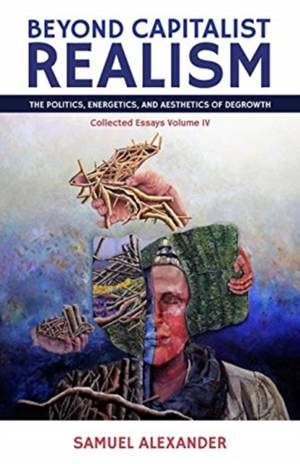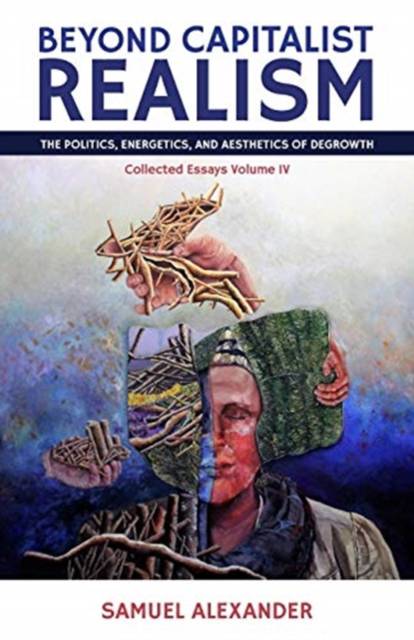
- Retrait gratuit dans votre magasin Club
- 7.000.000 titres dans notre catalogue
- Payer en toute sécurité
- Toujours un magasin près de chez vous
- Retrait gratuit dans votre magasin Club
- 7.000.0000 titres dans notre catalogue
- Payer en toute sécurité
- Toujours un magasin près de chez vous
Beyond Capitalist Realism
The Politics, Energetics, and Aesthetics of Degrowth
Samuel AlexanderDescription
'Capitalist realism' implies that, ever since the fall of Soviet communism in 1989, capitalism has been the only realistic system of production and distribution. Everything else is generally dismissed as 'utopianism' or just naïve dreaming. This perspective points to a worrying failure of imagination, suggesting that it is now easier to imagine the end of the world than the end of capitalism.
But here is the paradox of capitalist realism: just as the dominant cultural imagination has contracted into a single vision of what is possible, the existing system shows itself to be in the process of self-destructing, serving neither people nor planet. Whether by design or disaster, the future will be post-capitalist.
In his fourth book of collected essays, degrowth scholar and activist Samuel Alexander seeks to transcend capitalist realism. He shows that viable and desirable alternatives are being lived into existence today by diverse but connected social movements. Calling for a 'degrowth' transition of planned economic contraction, Alexander examines and develops this emerging paradigm from various political, energetic, and aesthetic perspectives. Readers will come away seeing plausible pathways to prosperity, sustainability, and resilience that do not rely on the capitalist growth model of progress.
Spécifications
Parties prenantes
- Auteur(s) :
- Editeur:
Contenu
- Nombre de pages :
- 320
- Langue:
- Anglais
Caractéristiques
- EAN:
- 9780648840534
- Date de parution :
- 10-01-21
- Format:
- Livre broché
- Format numérique:
- Trade paperback (VS)
- Dimensions :
- 140 mm x 216 mm
- Poids :
- 371 g

Les avis
Nous publions uniquement les avis qui respectent les conditions requises. Consultez nos conditions pour les avis.






